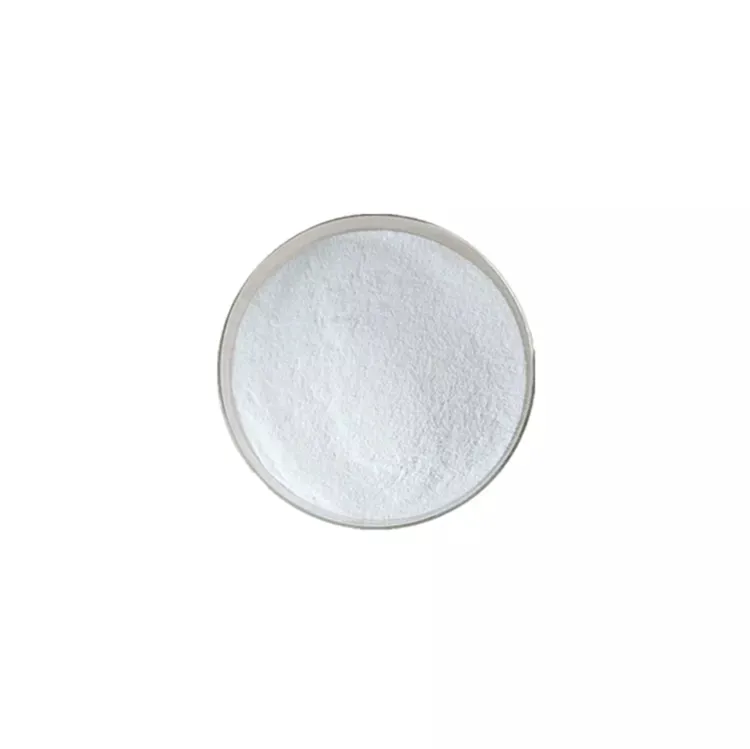Warning: Undefined array key "title" in /home/www/wwwroot/HTML/www.exportstart.com/wp-content/themes/1198/header.php on line 6
Warning: Undefined array key "file" in /home/www/wwwroot/HTML/www.exportstart.com/wp-content/themes/1198/header.php on line 7
Warning: Undefined array key "title" in /home/www/wwwroot/HTML/www.exportstart.com/wp-content/themes/1198/header.php on line 7
Warning: Undefined array key "title" in /home/www/wwwroot/HTML/www.exportstart.com/wp-content/themes/1198/header.php on line 7
- Afrikaans
- Albanian
- Amharic
- Arabic
- Armenian
- Azerbaijani
- Basque
- Belarusian
- Bengali
- Bosnian
- Bulgarian
- Catalan
- Cebuano
- China
- China (Taiwan)
- Corsican
- Croatian
- Czech
- Danish
- Dutch
- English
- Esperanto
- Estonian
- Finnish
- French
- Frisian
- Galician
- Georgian
- German
- Greek
- Gujarati
- Haitian Creole
- hausa
- hawaiian
- Hebrew
- Hindi
- Miao
- Hungarian
- Icelandic
- igbo
- Indonesian
- irish
- Italian
- Japanese
- Javanese
- Kannada
- kazakh
- Khmer
- Rwandese
- Korean
- Kurdish
- Kyrgyz
- Lao
- Latin
- Latvian
- Lithuanian
- Luxembourgish
- Macedonian
- Malgashi
- Malay
- Malayalam
- Maltese
- Maori
- Marathi
- Mongolian
- Myanmar
- Nepali
- Norwegian
- Norwegian
- Occitan
- Pashto
- Persian
- Polish
- Portuguese
- Punjabi
- Romanian
- Russian
- Samoan
- Scottish Gaelic
- Serbian
- Sesotho
- Shona
- Sindhi
- Sinhala
- Slovak
- Slovenian
- Somali
- Spanish
- Sundanese
- Swahili
- Swedish
- Tagalog
- Tajik
- Tamil
- Tatar
- Telugu
- Thai
- Turkish
- Turkmen
- Ukrainian
- Urdu
- Uighur
- Uzbek
- Vietnamese
- Welsh
- Bantu
- Yiddish
- Yoruba
- Zulu
Sep . 01, 2024 04:38 Back to list
Aspartame Safety Assessment by EFSA
Aspartame, a low-calorie artificial sweetener, has been the subject of extensive study and debate since its introduction in the 1980s. The European Food Safety Authority (EFSA) has played a significant role in evaluating the safety of aspartame, particularly regarding its use in food and beverages. As an important component of many diet sodas, sugar-free products, and even medications, understanding the implications of EFSA’s assessments is crucial for consumers and food manufacturers alike.
In 2013, EFSA conducted a comprehensive re-evaluation of aspartame, considering the latest scientific evidence regarding its safety. This review was prompted by ongoing public concern over the sweetener's potential health risks, including links to various health issues like cancer, neurological disorders, and metabolic diseases. The thorough assessment encompassed over 600 studies, with a focus on health risks associated with its consumption.
.
However, the EFSA study also took into account the specific needs of certain populations, particularly individuals with phenylketonuria (PKU), a rare genetic disorder that prevents proper metabolism of phenylalanine, an amino acid present in aspartame. People with PKU need to strictly limit their intake of phenylalanine, making it essential for them to avoid products containing aspartame.
aspartame efsa

Despite EFSA’s endorsement, aspartame remains controversial. Public discourse reflects a range of opinions, with some advocating for its ban based on anecdotal evidence linking it to headaches and other health complaints. Nonetheless, scientific consensus reinforces that the sweetener is safe for the general population when consumed within recommended limits.
As public awareness continues to grow, ongoing research into aspartame and similar sweeteners remains vital. Various studies are being undertaken to explore long-term effects and potential health impacts that may emerge with increased consumption. Responsible regulation and transparent communication from food safety authorities such as EFSA are essential in addressing consumer concerns while ensuring public health.
In conclusion, aspartame has been extensively evaluated by EFSA and deemed safe for consumption within established limits. While concerns over its use linger in some circles, the scientific evidence supports its safety for the general population, offering a viable alternative for those looking to reduce sugar intake. Consumers are encouraged to make informed choices, balancing their dietary preferences with the latest scientific insights. The dialogue surrounding aspartame is an essential part of broader discussions on health, nutrition, and food safety, contributing to a more informed and health-conscious society.
Latest news
-
Certifications for Vegetarian and Xanthan Gum Vegetarian
NewsJun.17,2025
-
Sustainability Trends Reshaping the SLES N70 Market
NewsJun.17,2025
-
Propylene Glycol Use in Vaccines: Balancing Function and Perception
NewsJun.17,2025
-
Petroleum Jelly in Skincare: Balancing Benefits and Backlash
NewsJun.17,2025
-
Energy Price Volatility and Ripple Effect on Caprolactam Markets
NewsJun.17,2025
-
Spectroscopic Techniques for Adipic Acid Molecular Weight
NewsJun.17,2025

